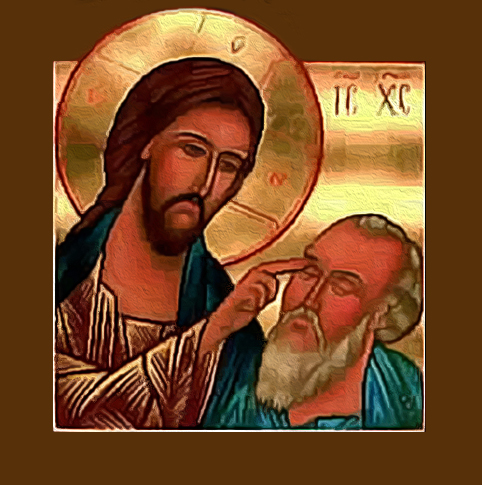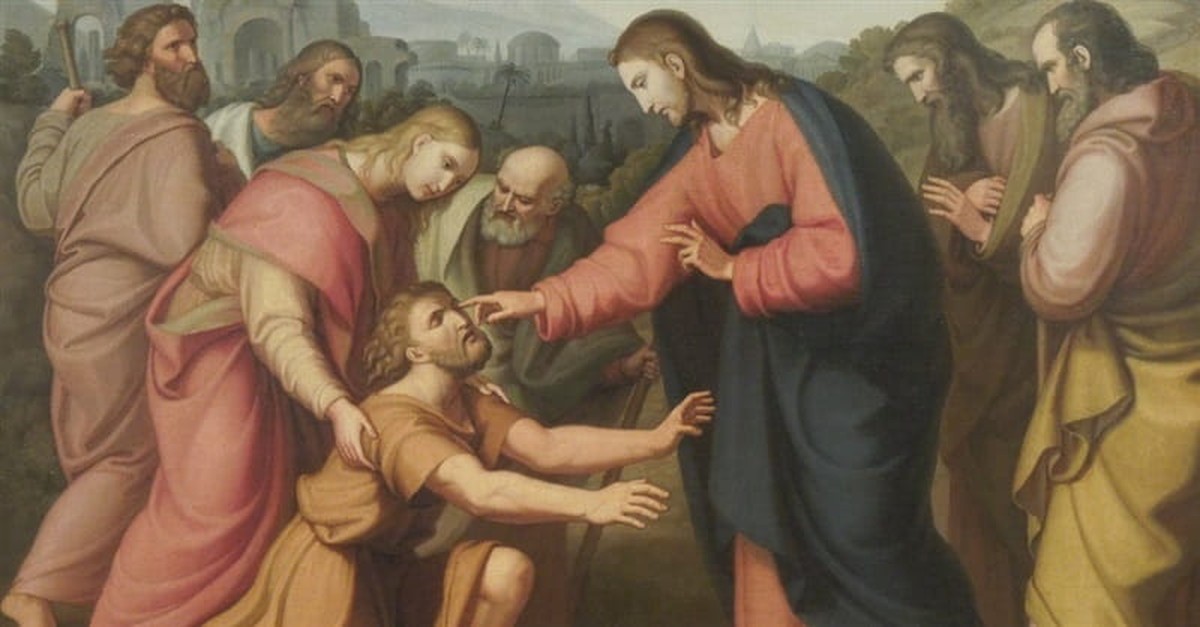Dr. Martin Luther burned a papal bull, nailed 95 theses to the door of the Wittenberg Cathedral, and now we have the Lutheran church. What a history lesson.
There's more to it than that, of course, but Luther wanted everyone to be aware of the fact that he didn't want to make a new church. All he wanted to do was to reform the existing one. This was not a new faith, this was a return to the one that was long forgotten. Now, how can you tell?
One of the most important things for Luther was the scripture - reading and writing it in the vernacular of the area. The word of God was supposed to be known, read, marked, learned and inwardly digested. It wasn't much good if nobody could hear it or understand it. If it was kept far away, in a distant language, inaccessible to the masses, then what good was the scripture?
What's the proof of this? The proof of this being intended from the start is in the scripture itself. There are multiple occasions in the Bible where there are words, and then there are explanations after the words, and this happens in the text itself. For example 'Rabbi, which means teacher.' Why does the text tell you that? Why doesn't the text just say 'teacher?' Well, passages like this are a reminder that the Holy Scriptures, at least the New Testament, have never not been translated. From the word go, you find passages like that one, where a word is spoken, and a translation is given, but the original word is presented as a reminder to you, and to me, that the words were spoken in the language of Israel, but were translated into Greek to be written down. Why?
Well, how's your Aramaic? If it's anything like mine, it ain't that great. And that would have been the case for the vast majority of humans alive not only now, but at the time as well. It's a niche language, spoken by a people who were deliberately set apart from the rest of the world. An inscrutable language that would have been largely impenetrable to the Romans within the nations, and the pagans without. But that would have been the language that Jesus would have been speaking to his crowds, and they would have understood him.
But your Aramaic isn't very good. Nor is mine. And how dare we read the scriptures without knowing Aramaic? Because very very little of the scripture is written in Aramaic, and that which is is helpfully translated one word later, so that you know what the speakers would have been saying, but you know it in your own language. For the New Testament was written in Greek.
Why Greek? So it could be understood. I want you to look at this image for a second.
This is the reach of Alexander the Great, and how far he was able to get into the world. That's a big empire. And the Greeks did what they typically did, which was to spread out, and to spread Greece. Part of empire building for the Greeks was to spread Greece to the world. To civilize. To make the known world into Greece, the pinnacle of civilization. Part of that was to bring Greek culture, religion, language to the rest of the world. Essentially, the empire was to not so much be an empire ruled by the Greeks, but would become part of greater Greece. For more on this topic, check out the books of the Maccabees from the apocrypha.
What that meant was that by the time of Christ, the Romans had inherited an empire that had Greek as a language from end to end. Sure, the Romans would have worked with Latin, and the Hebrews with Aramaic, but all over the empire, everyone would have had a passing knowledge and working relationship with Greek. It's what they would have all had at least as a second language. What that means is that if you have something important to say, you're going to want to say it in Greek.
The story of Christ was something that had to get out there as rapidly as possible. The story of the salvation of the world, it was a story that would go out from one end of the empire to the other, and to all the known world. And so the disciples transcribed the word of God in Greek, so that it could be understood by people all over the world.
The oldest and most reliable version of the Bible, then, isn't in Aramaic, but instead is translated out of Aramaic. Into Greek, sure, but done so that as many people as possible can hear and understand it. And what that means is that Dr. Martin Luther, in his desire to make the scriptures as understood as possible in the world, wasn't bringing something new to the world, but was instead calling us back to something as old as the scriptures themselves. From the word Go, the scriptures were made accessible, and Luther called the church of his age, and ours, back to that.
And it's still our job to make Christ known in the world. It's still our job to remove obstacles from Christ, for him to be known in this world, and for his word to be understood. We have to remove all the barriers, including the ones that we have made. It's a hard thing for a church to understand when they have placed stumbling blocks in the way of Christ, and most churches never get over it. But we are a reformation church, built on the principles of the reformation. We are built up off of the foundation of scripture alone, and we need to act like it. All those distractions, all those barriers or stumbling blocks, they all have to be pulled aside, and the purity of the Gospel message has to get through. And that will mean that we're going to have to deal with occasionally getting out of the way ourselves. Unleash the scriptures, and let them speak. Let the people hear them, and believe in them, without forcing them to first believe in you, and then let Christ speak to them. Just as he wanted to do from the beginning.



